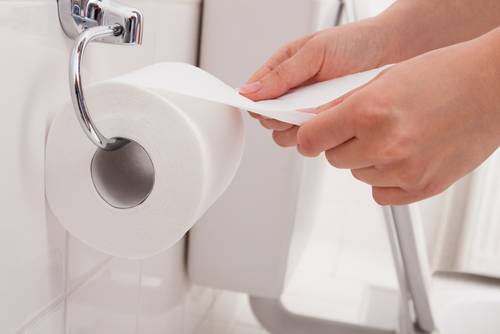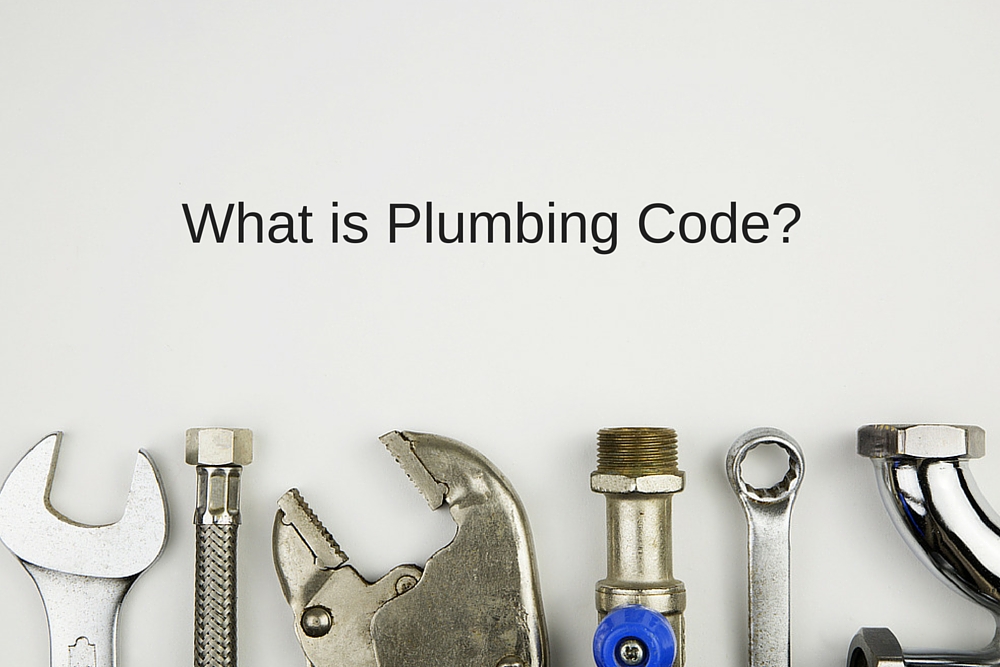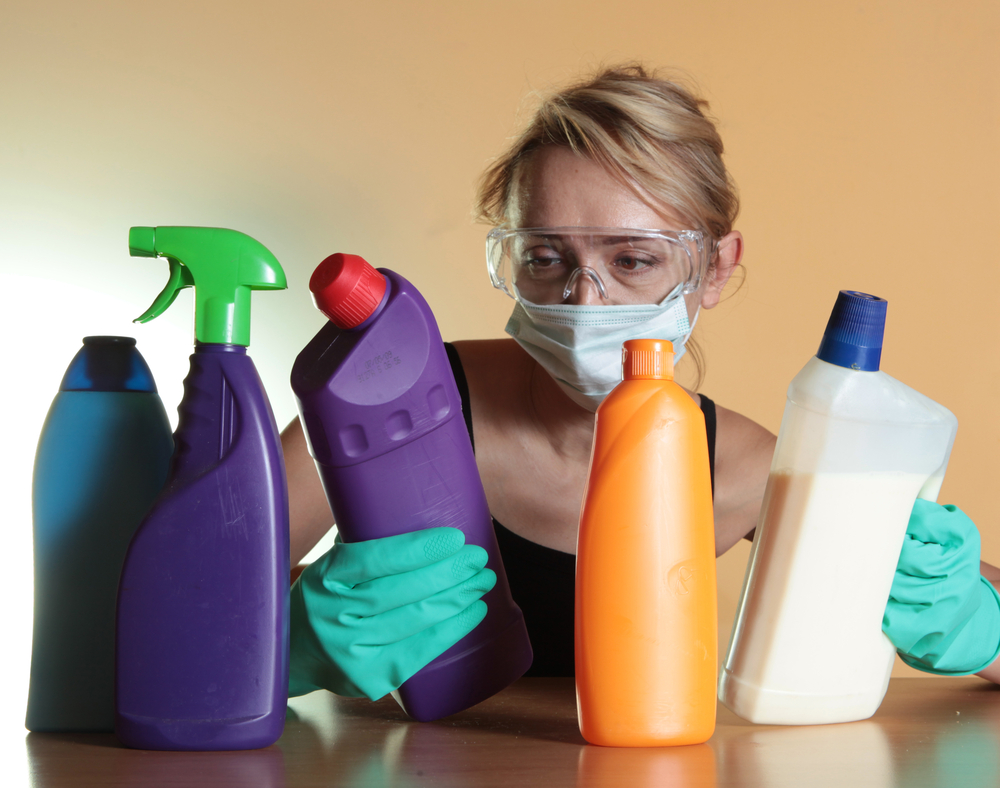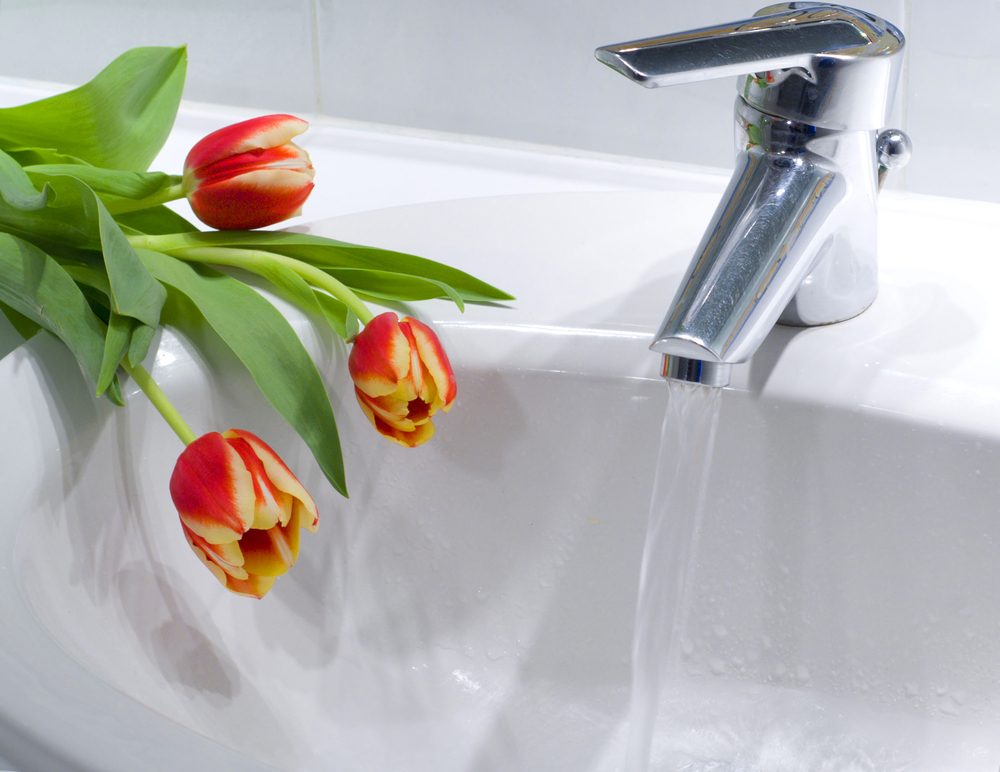 In today’s fast-paced world, there’s a lot of things we take for granted … and toilet paper is definitely one of them (until you run out, of course). It’s hard to think of what we like to call “the time before toilet paper,” but never-the-less, humanity’s pre-toilet paper existence is something worth considering. So … let’s take a stroll down memory lane and talk about the history of TP.
In today’s fast-paced world, there’s a lot of things we take for granted … and toilet paper is definitely one of them (until you run out, of course). It’s hard to think of what we like to call “the time before toilet paper,” but never-the-less, humanity’s pre-toilet paper existence is something worth considering. So … let’s take a stroll down memory lane and talk about the history of TP.
Because humans are the only animals with the dexterity to wipe themselves, leaves and sticks were the choice cleaning tools of many. However, what was considered to be primitive toilet paper depended greatly on where in the world you lived, as people searched out the most effective cleaning methods at their immediate disposal.
In ancient Roman times, people used a sponge attached to a stick when they frequented public toilets. Average folk used a sponge soaked in salty water, while the rich used rosewater and wool.
In the Arab world and India, many relied on their left hand for cleaning, which has prompted many historians to believe this to be the reason why we shake with our right hand.
Those lucky enough to live in Hawaii often used coconut shells (ouch!), and people who followed Islamic tradition wiped with clods of earth or stones. They would then rinse themselves with water and dry off with linen.
The Middle Ages brought the invention of the bidet, which was used for rinsing by both men and women. The tool of choice for colonial Americans, however, was initially the corn cob until the 1700s ushered in the invention of the printing press which made old newspapers readily available. Newspaper eventually gave way to the Sears catalog in rural America.
Toilet paper as a product didn’t make its first appearance until 1880 but was originally sold as individual squares instead of rolls. The first toilet paper was extremely coarse and is very similar to the toilet paper still in use today by the British. Americans, on the other hand, prefer the much softer toilet paper which came onto the market in 1907.
It’s clear to see why toilet paper has become such an important staple of our daily lives, and who knows what kind of toilet paper we’ll be using hundreds of years from now! One thing is for certain … toilet paper has come a very long, long way.
 As if life in space isn’t hard enough, using the bathroom in a weightless environment is no walk in the park. Due to the lack of gravity, astronauts obviously can’t use water, which makes the tasks we take for granted here on earth that much more daunting.
As if life in space isn’t hard enough, using the bathroom in a weightless environment is no walk in the park. Due to the lack of gravity, astronauts obviously can’t use water, which makes the tasks we take for granted here on earth that much more daunting.
 The disadvantages of using chemical drain cleaners are clear. Although they may be a fast and easy solution to clearing a clogged drain, there are many reasons why chemical drain cleaners should be avoided if at all possible. A few of those reasons include:
The disadvantages of using chemical drain cleaners are clear. Although they may be a fast and easy solution to clearing a clogged drain, there are many reasons why chemical drain cleaners should be avoided if at all possible. A few of those reasons include: Now that the flowers are finally blooming, it’s time to get into Spring cleaning mode. This includes making sure your home or business’s plumbing system is order, and Action Plumbing has great advice to keep everything running smoothly. Here are a few Spring plumbing tips to consider:
Now that the flowers are finally blooming, it’s time to get into Spring cleaning mode. This includes making sure your home or business’s plumbing system is order, and Action Plumbing has great advice to keep everything running smoothly. Here are a few Spring plumbing tips to consider: